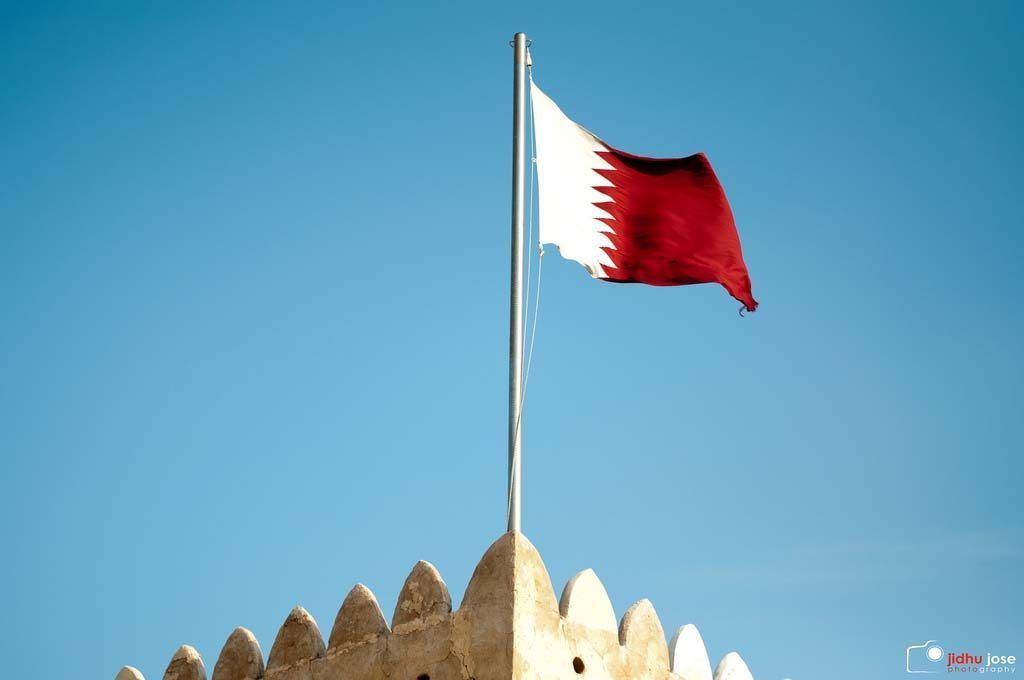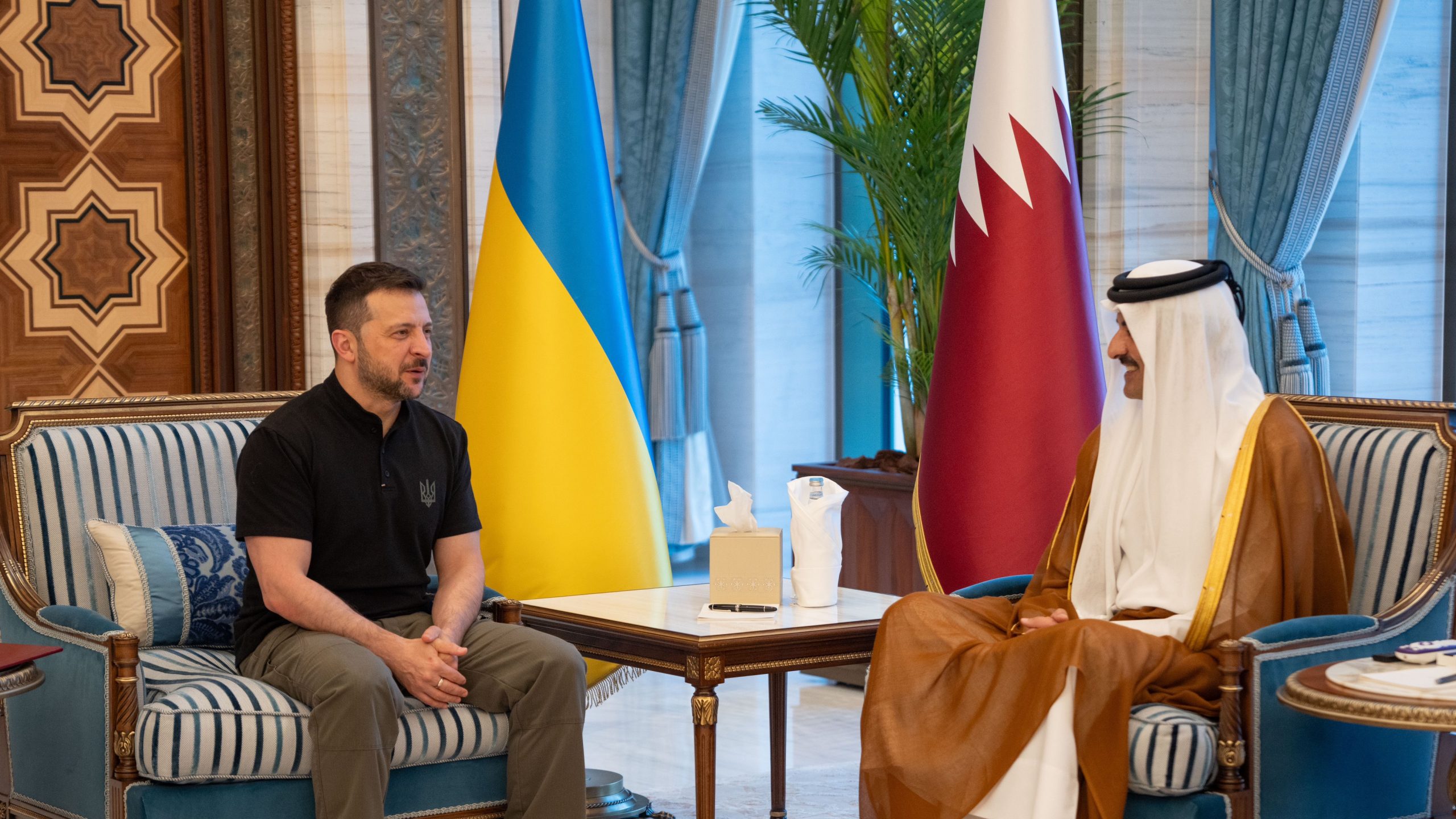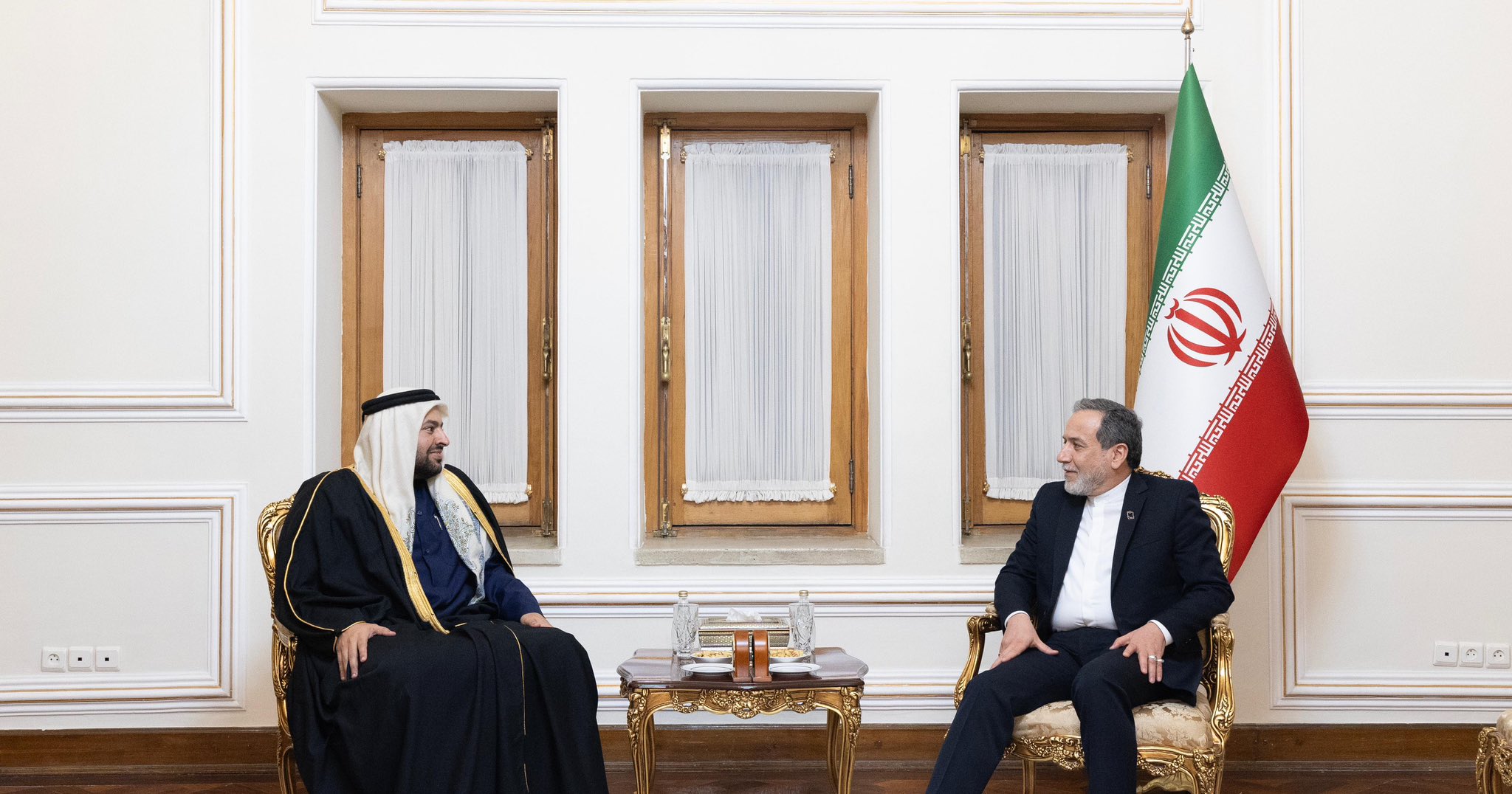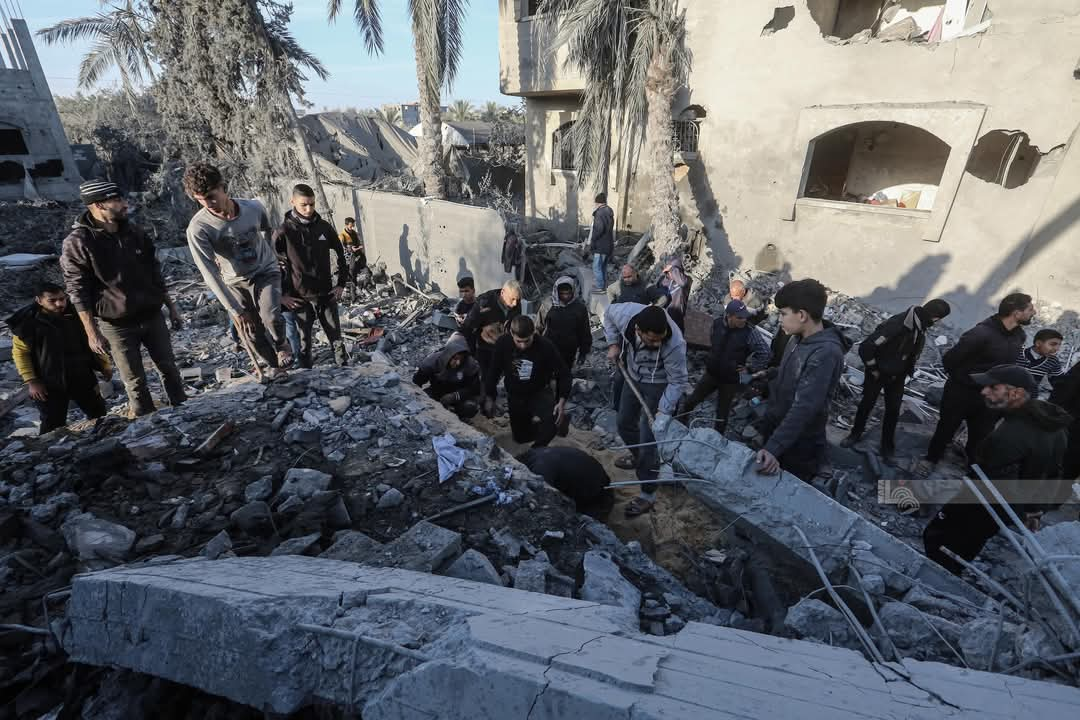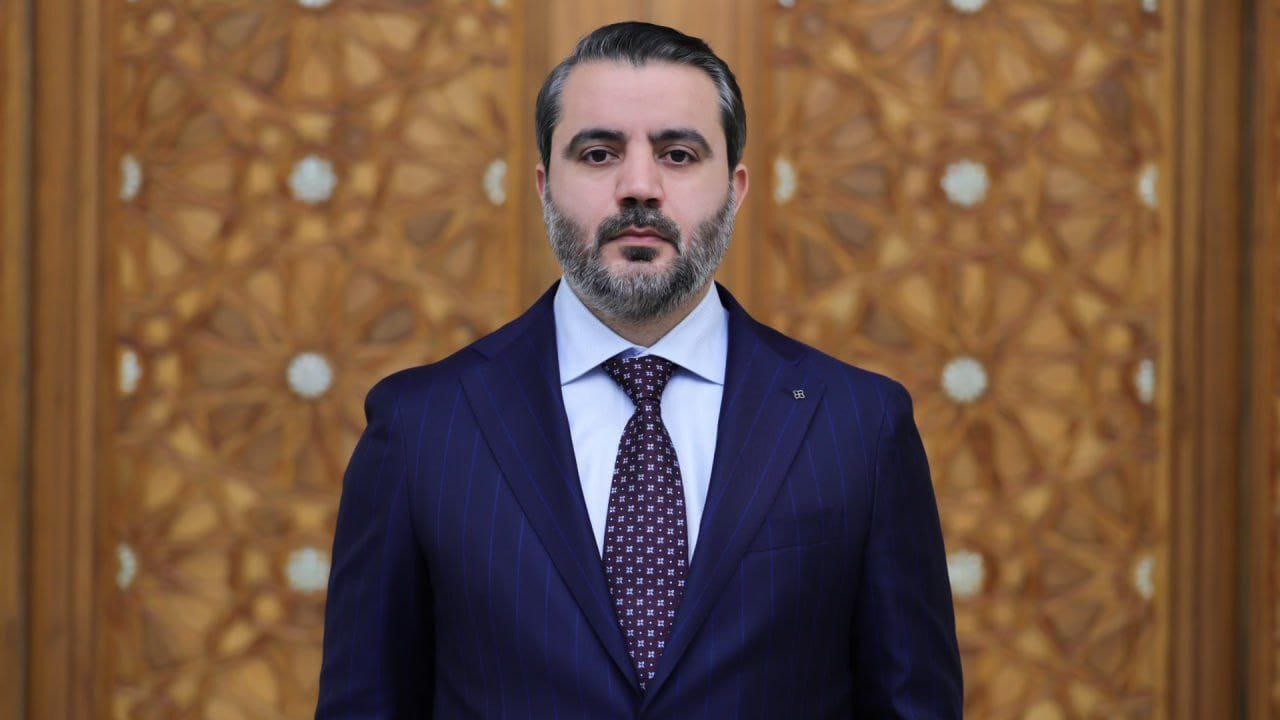
Qatar is still the most peaceful country in the Middle East, but a new report has asserted that the nation’s “frequent” diplomatic squabbles is putting its ranking in danger.
The 2014 Global Peace Index ranked Qatar 22nd out of 162 states worldwide based on the country’s safety and security, domestic and international conflicts as well as the degree of militarization.
That’s down three spots from last year, and a drop from the 12th-place spot Qatar held in 2011 and 2012.
The Institute for Economics and Peace, which prepares the annual study, asserted that Qatar is likely to slide further down the rankings, saying it is among 10 countries that are most likely to see deterioration in peace over the next two years.
It’s the only high-income nation on that uneviable list, which generally encompasses countries with social factors and institutions that are unable to absorb a potential shock.
Behind the numbers
Qatar’s high ranking in recent years is due largely to its domestic stability, specifically the lack of violent demonstrations and violent crime, among other factors.

The country received good marks across many of the 22 indicators used to compile its score, including homicides, terrorist activity and involvement in external conflicts.
However, it fared poorly for its large volume of imported arms and recently strained relations with neighbors.
Earlier this year, Qatar was embroiled in a spat with the UAE, Bahrain and Saudi Arabia that, while officially resolved, has contributed to those countries keeping their ambassadors out of Doha.
According to the report:
“This has led Qatar to a point of isolation in a region torn by rivalries. Difficulty in developing peaceful relations with regional powers is among the greatest threats facing the country at present … (and) could undermine Qatar’s efforts to become a regional financial and business hub.”

The report also highlighted Qatar’s tensions with Egypt, fueled by the Gulf state’s support for the ousted Muslim Brotherhood regime and Al Jazeera’s coverage.
It doesn’t mention the conflicts in Syria or Iraq, where Qatar’s involvement continues to be highlighted by analysts.
Qatar also receives special mention as a country with a high peace ranking that is ruled by an authoritarian regime. In contrast, most other nations at the top of the list have democratic governments.
The main explanation for the political stability, according to the report’s authors, is the royal family’s commitment to providing Qataris with a high standard of living.
Another factor leading to the relative stability is the government’s low tolerance for dissent from Qataris – as indicated by the 15-year prison sentence to poet Mohammed Rashid al-Ajami – as well as from expats:
“An abundance of cheap labour in developing countries means that the Qatari government can easily replace domestic foreign labour, should labourers protest their working conditions in public.”
Regional rankings
The six members of the Gulf Cooperation Council were all among the nine most peaceful countries in the Middle East and North Africa, which as a whole ranked poorly in large part due to conflicts stemming from the Arab Spring, as well as violence in Syria, Iraq and Egypt.
Still, there were considerable gaps within the respective positions of GCC countries: (2013 ranking in parentheses):
- #22 – Qatar (19)
- #37 – Kuwait (37)
- #40 – UAE (36)
- #59 – Oman (45)
- #80 – Saudi Arabia (97)
- #111 – Bahrain (95)
While no analysis of the Gulf countries was provided, the diplomatic spats that negatively affected Qatar’s score also brought down some of its GCC neighbors.
Furthermore, a recent Deloitte study highlighted the large defense budgets of Saudi Arabia, the UAE, Oman and Kuwait – a factor that could weigh against a country’s score.
Overall, the global peace index declined for the sixth year in a row. Among individual countries, Iceland once again topped the rankings with Denmark, Austria, New Zealand and Switzerland rounding out the top five.
At the other end of the scale, Syria was ranked the least-peaceful country in the world, followed by Afghanistan, South Sudan, Iraq and Somalia.
Here’s the full report:
Thoughts?

